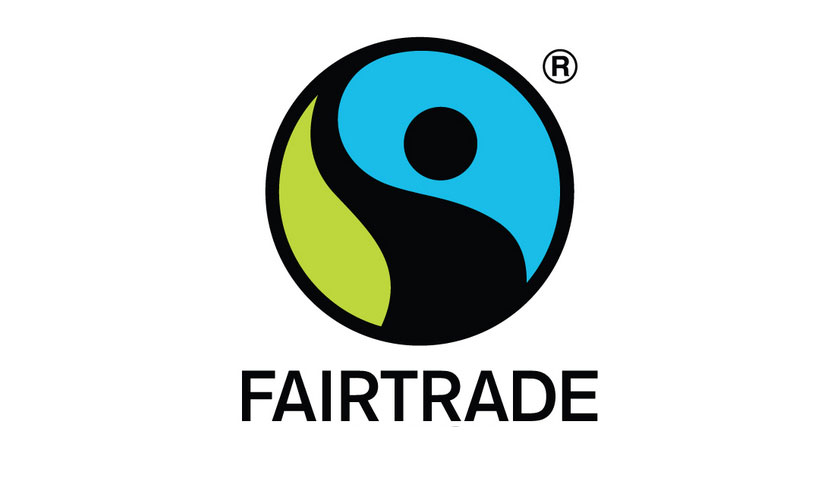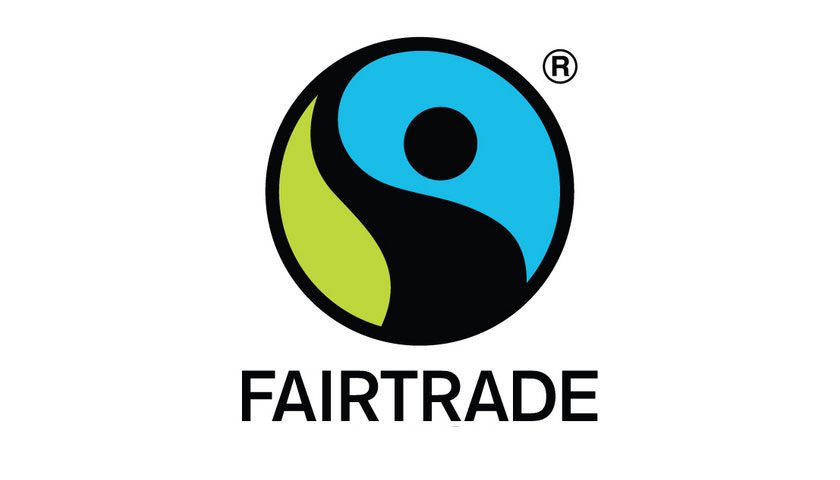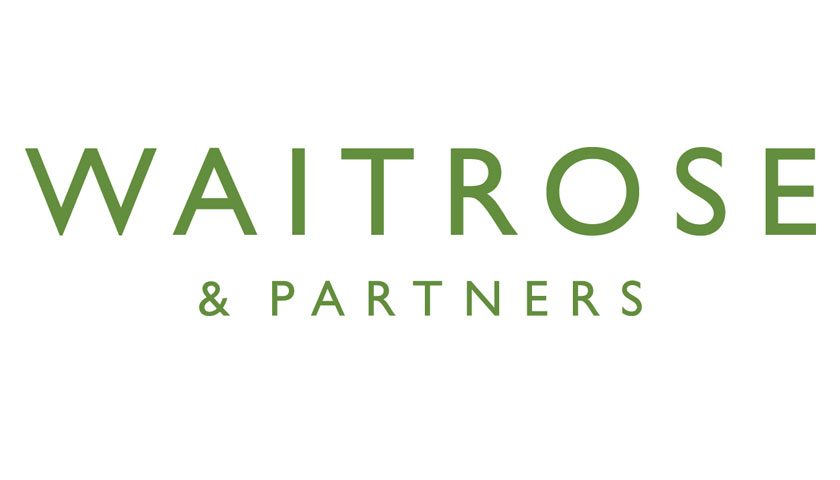Despite these uncertainties, Fairtrade is urging companies in the coffee and cocoa sectors to keep up momentum in preparing for the regulation, including working with their suppliers to continue collecting or validating geolocation data. That way, companies can continue to test their processes for conducting due diligence, and all supply chain partners can invest in additional measures to address risks.
Although compliance with the EUDR is the responsibility of companies that import or sell on the EU market, the reality is that farm geolocation data is often held by many different entities, at varying levels of quality. Small-scale cooperatives benefit from owning this data about their members’ farms themselves, which is a valuable asset as traceability and sustainability requirements grow.
Yet, many cooperatives face challenges in navigating the new technological and data management demands, and lack systematic support from trade partners to do so. The reality is that support from governments and the affected industries as a whole has been uneven and inconsistent. On top of this, organic coffee and cocoa producers are facing administrative burdens to comply with the EU Organic Regulation as well.
That’s why the multi-stakeholder Fairtrade International Standards Committee decided at its meeting on 25 September 2025 to postpone the date when certified coffee cooperatives and some cocoa cooperatives need to have geolocation data for their full farmer membership.
The revised Coffee and Cocoa Standards state that all Fairtrade coffee cooperatives, and cocoa cooperatives in Latin America and the Caribbean, have until January 2027 to complete their geolocation mapping, instead of January 2026. No change was made to the timeline for cocoa from Africa and Asia.
This extension is especially significant for small cooperatives with little or no sales to the EU currently, which would soon face potential suspension if not compliant with their full membership being mapped.
The change means that our third-party certifier, FLOCERT, will only raise a non-conformity starting in January 2027 if a coffee cooperative does not have 100 percent of members’ geolocation data, rather than starting in January 2026. The same applies to cocoa cooperatives from Latin America and the Caribbean.
The more inclusive timeline under the Fairtrade Standard maintains the goal of cooperatives having ownership of their members’ farm geolocation data, while giving them more time to build the capacity for long-term sustainable production and farmer resilience. Fairtrade is committed to working with cooperatives through this transition, supporting deforestation prevention and setting a high bar regardless of the ultimate market destination.
How is Fairtrade supporting producers and Fairtrade supply chains
This decision doesn’t change our commitment to deforestation prevention, or slow down our momentum on EUDR.
Fairtrade is continuing hands-on support for cooperatives, and also ramping up resources for European micro, small and medium enterprises to understand and be prepared for their EUDR obligations.
For producers, Fairtrade’s three regional producer networks provide training, advice, and guidance to cocoa and coffee cooperatives. Expert staff, including 18 data analysts and GIS experts, have conducted trainings and are advising cooperatives on collecting high quality geolocation data for coffee and cocoa plots. They also help cooperative managers to understand their risk reports from nature tech firm Satelligence, and to develop deforestation prevention and mitigation plans as required by the Fairtrade Standards.
Fairtrade cooperatives that have their geolocation data and risk reports can share this information with their EU buyers when needed. Upcoming functionalities in Fairtrade data systems will soon allow coffee and cocoa cooperatives to attach geolocation data for the relevant farm plots to each trade contract, so that Fairtrade supply chains will soon have a secure way to share and manage geolocation data.
For the smaller European businesses affected by the EUDR, Fairtrade is developing resources that help companies understand and comply with the regulation thanks to a grant from the European Commission. Webinars, guidance materials in nine languages, and a helpdesk will provide simplified EUDR compliance requirements, practical case studies, and guidance on supply chain transparency, among other things.
Even though uncertainty still remains when it comes to EUDR implementation, Fairtrade is continuing the forward progress. Companies can do the same by reaching out to their suppliers and working together on readiness now.
Find more information about Fairtrade’s approach to forest protection and the EUDR here.


